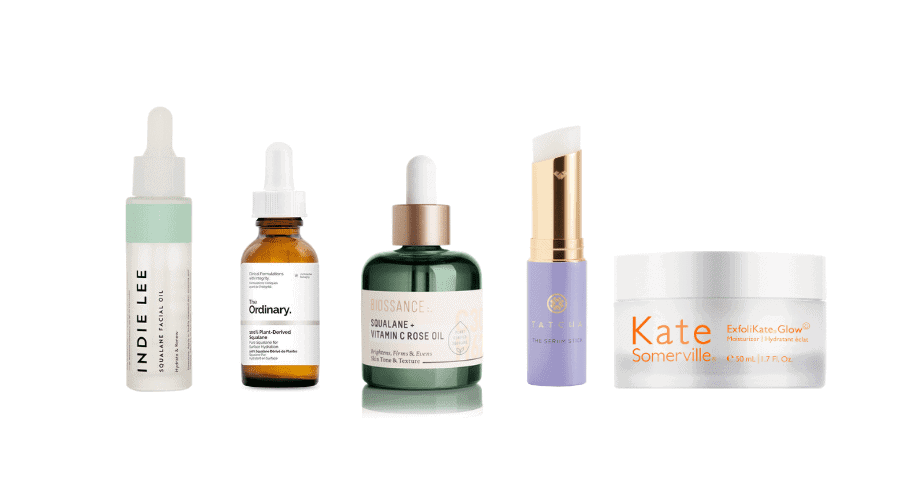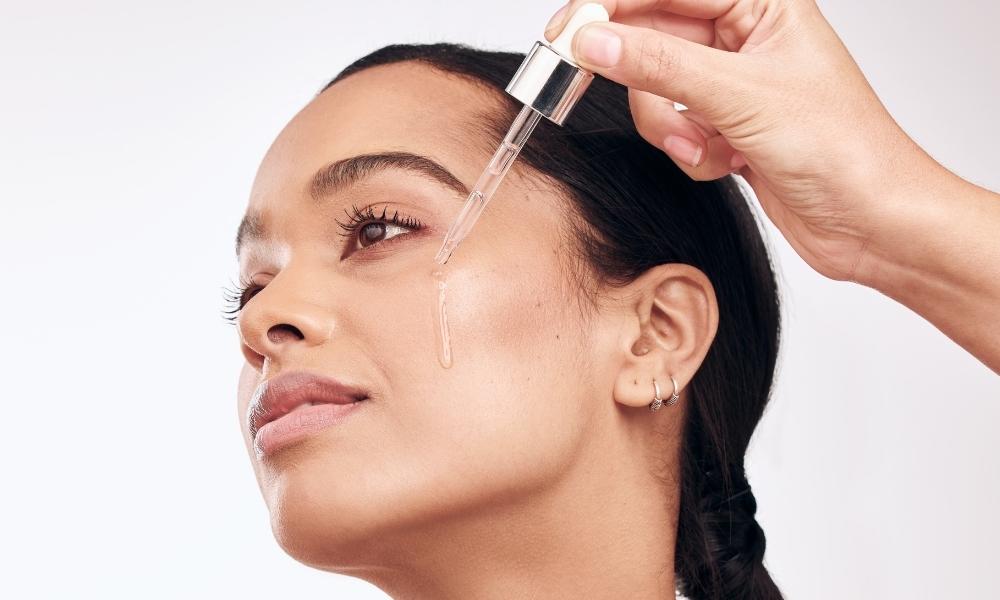Let’s face it: staring at an ingredients list on the back of your favourite moisturiser or serum can be perplexing. However, there are certain hero ingredients that can make a difference to your skin. Squalane, a plant-derived ingredient that mimics the moisturising properties of our skin, is one of them.
“For a long time, brands have called out things like acids, peptides or vitamin C as the key ‘actives’,” explains Lucy Shaw, skincare expert at MECCA Brands. “Consumers are now seeing ingredients like squalane, probiotics, ferments and adaptogens emerge as the new generation of ‘actives’.
“Up until recently, applying oil on the skin was not advised and consumers saw oil as something that would ultimately lead to blemishes. Now that we are more educated on what is in our products, consumers are aware of the benefits of using oils and fats, such as squalane, on their skin.”
While we have just recently begun to hear more about squalane, it’s actually been used in skincare for quite some time. In fact, squalane is very closely related to squalene – a fat or lipid that is naturally produced by the sebaceous oil glands in our skin.

“Squalene is a protective antioxidant that is produced naturally by the skin,” says Shaw. It helps keep our skin hydrated, but like many other processes that begin to slow as we age, the production of squalene does, too, which means by the time we reach our 40s we can start to experience drier skin due to the decrease in squalene.
This is where squalane comes in, says Shaw. “Squalene is converted into squalane through a process called hydrogenation (adding hydrogen) and it has a molecular structure that is very similar to the natural oils found in your skin.” And while products that use squalene do exist, the ingredient is highly unstable. “In general, squalane is preferred for use in cosmetics because it is more stable, colourless, odourless and has a longer shelf life,” adds Shaw.
Shaw says the bulk of the squalane that we see in skincare products today comes from plant-based sources. “You can find squalene and squalane in olive oil, sugar cane, wheat germ and rice bran most commonly,” she says.
As for what squalane does for the skin, it really mimics the benefits of the squalene our body produces naturally. It particularly benefits those with dry or dehydrated skin, but squalane is beneficial for all skin types as it helps keep skin hydrated around the clock, reducing the appearance of lines and wrinkles. “It is a master of moisturising and nourishing the skin,” says Shaw. “But it does it in a way that’s lightweight and easy for the skin to absorb.”
With autumn here and winter just around the corner, it could be the ideal time to work squalane-based products into your routine. “Squalane helps to reinforce your skin’s protective barrier and support the ceramides locking your skin cells together,” says Shaw. She explains that when the skin barrier is compromised – which often happens over the cooler months – it loses moisture more rapidly and is more sensitive to the outside environment. “Squalane will essentially help your skin to function at its full potential,” says Shaw. “It also helps your cells intake oxygen more effectively, provides antioxidant protection and helps your cells to regenerate.
“Overall, it will make for smoother, more moisturised skin that is supple and bouncy.”







